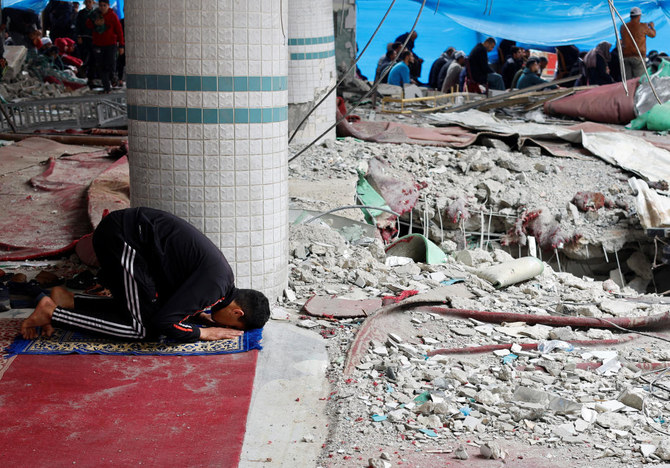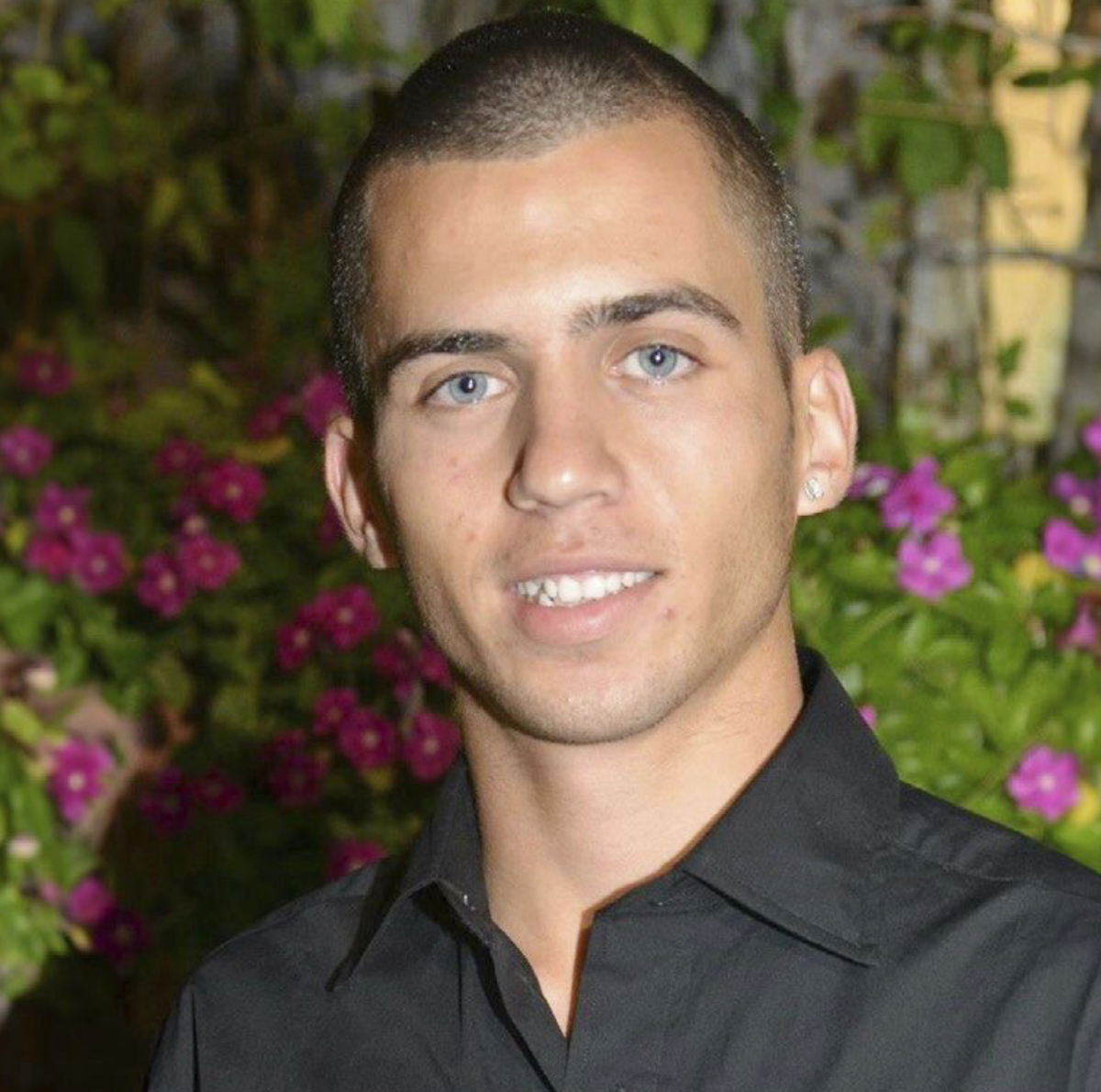CAIRO/RAFAH, Gaza Strip: Hamas wrapped up ceasefire talks in Cairo and is now waiting to see what mediators bring back from weekend talks with Israel, an official from the militant group said on Friday, in what appears to be the most serious push for weeks to halt the fighting.
Mediators have ramped up efforts to secure a ceasefire in Gaza, in the hope of heading off an Israeli assault on the Gaza city of Rafah where more than a million displaced people are sheltering at the southern edge of the enclave.
An Israeli delegation led by the head of the country’s overseas intelligence agency arrived in Paris on Friday to “unblock” talks for a ceasefire in Gaza, an Israeli official said.
Mossad director David Barnea will be joined in the French capital by his counterpart at the domestic Shin Bet security agency, Ronen Bar, Israeli media reported.
Israel says it will attack the city if no truce agreement is reached soon. Washington has called on its close ally not to do so, warning of vast civilian casualties if an assault on the city goes ahead.
Hamas leader Ismail Haniyeh met Egyptian mediators in Cairo to discuss a truce this past week on his first visit since December. Israel is now expected to participate in talks this weekend in Paris with US, Egyptian and Qatari mediators.
Two Egyptian security sources confirmed that Egyptian intelligence chief Abbas Kamel would head on Friday to Paris for the talks with the Israelis, after wrapping up talks with Hamas chief Haniyeh on Thursday. Israel has not publicly commented on the Paris talks.
The Hamas official, who asked not to be identified, said the militant group did not offer any new proposal at the talks with the Egyptians, but was waiting to see what the mediators brought back from their upcoming talks with the Israelis.
“We discussed our proposal with them (the Egyptians) and we are going to wait until they return from Paris,” the Hamas official said.
The last time similar talks were held in Paris, at the start of February, they produced an outline for the first extended ceasefire of the war, approved by Israel and the United States. Hamas responded with a counterproposal, which Israeli Prime Minister Benjamin Netanyahu then rejected as “delusional.”
Hamas, which is still believed to be holding more than 100 hostages seized in the Oct. 7 attack on Israel that precipitated the war, says it will free them only as part of a truce that ends with an Israeli withdrawal from Gaza. Israel says it will not pull out until Hamas is eradicated.
Late on Thursday, Netanyahu presented his security cabinet with an official plan for Gaza once the fighting stops. He emphasized that Israel expects to maintain security control over the enclave after destroying Hamas, and also sees no role for there for the Palestinian Authority (PA) based in the West Bank.
Washington favors a role for a reformed PA.
Two Palestinian officials familiar with the negotiations said Hamas has not changed its stance in the latest push to reach a deal, and still demands that a truce end with an Israeli pullout.
RAFAH UNDER FIRE
Israeli planes and tanks pounded areas across Gaza Strip overnight, residents and health officials said. The Gaza health ministry said 104 people had been killed and 160 others were wounded in Israeli military strikes in the past 24 hours.
In Rafah, where over half of Gaza’s 2.3 million people are sheltering, an Israeli air strike on a house killed 10 people. Several other air strikes hit throughout the city, worsening fears by the displaced people of expanded Israeli ground operations.
At a morgue in Rafah, a family knelt by the body of their child, killed by overnight Israeli strikes. They tenderly touched and stroked the small body through a shroud.
Airstrikes also killed civilians overnight in Deir Al-Balah, in central Gaza, one of the few other areas yet to be stormed by the Israelis. In video obtained by Reuters, bereaved families crowded a hospital, where Ahmed Azzam held up the body of his dead baby son wrapped in a shroud, shouting: “You killed them Netanyahu. You killed this innocent child!“
At least 29,514 Palestinians have been killed and 69,616 injured in Israeli strikes on Gaza since Oct.7, the Gaza health ministry said in a statement on Friday.
Israel launched its months-long military campaign after militants from Hamas-ruled Gaza killed 1,200 people and took 253 hostages in southern Israel on Oct 7.
In a summary of its operations in Gaza over the past 24 hours, the Israeli military said it had killed dozens of militants, located weapons and destroyed infrastructure in Khan Younis, western Khan Younis, central Gaza and Zaytoun in the north, where it also uncovered tunnel shafts.


























